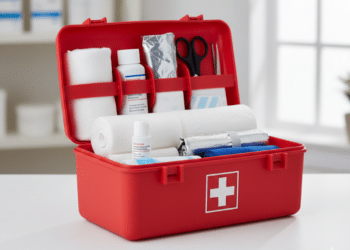Prostate cancer is when the cells in a human male’s prostate, which is a small gland that produces the seminal fluid that nourishes and transports sperm, turn cancerous. It is one of the most commonly occurring cancers in human males.
There are different types of prostate cancer: adenocarcinoma of the prostate, transitional cell carcinoma of the prostate, squamous cell carcinoma of the prostate and small cell prostate cancer.
What are the early signs of prostate cancer?
Though cancer is said to be a silent killer as its presence is detected only at a later stage where the course of action of the disease is irreversible and unstoppable, few early signs give a hint of the presence of cancerous cells.
The early signs of prostate cancer are:
Change in urination pattern: During the onset of the disease, an individual may experience a change in urination pattern. The man may have the urge to urinate frequently, especially at night. This might also disturb the sleeping pattern of the person.
Pain in the pelvis region: Many people tolerate the pain until it starts impairing them in doing their daily chores. Even this is seen in cases of those having prostate cancer. Due to the impact of the cancerous cells, pain is felt in the hips and pelvis region.
Pain during urination: One experiences painful urination and sometimes these urinations are difficult to pass on as a result of which the individual is unable to empty the bladder properly.
When should you visit a doctor?
Apart from the signs mentioned above, when you see the following signs, you must make an appointment with your doctor:
- Blood in urine or semen
- Sudden onset of erectile dysfunction
- Enduring pain in the pelvis
- Continuing urination issue
- Burning sensation while urinating
- Pain during ejaculation
- Difficulty in starting urination
Here’s why you should have regular health checkups
Doctors have always advised on yearly health checkups after a certain age or when a person has certain health complications.
Regular health checkups can spot disease at an early stage. Early signs often get missed, especially in a serious disease like cancer. In such cases, checkups can catch the onset of the disease and track its progress.










